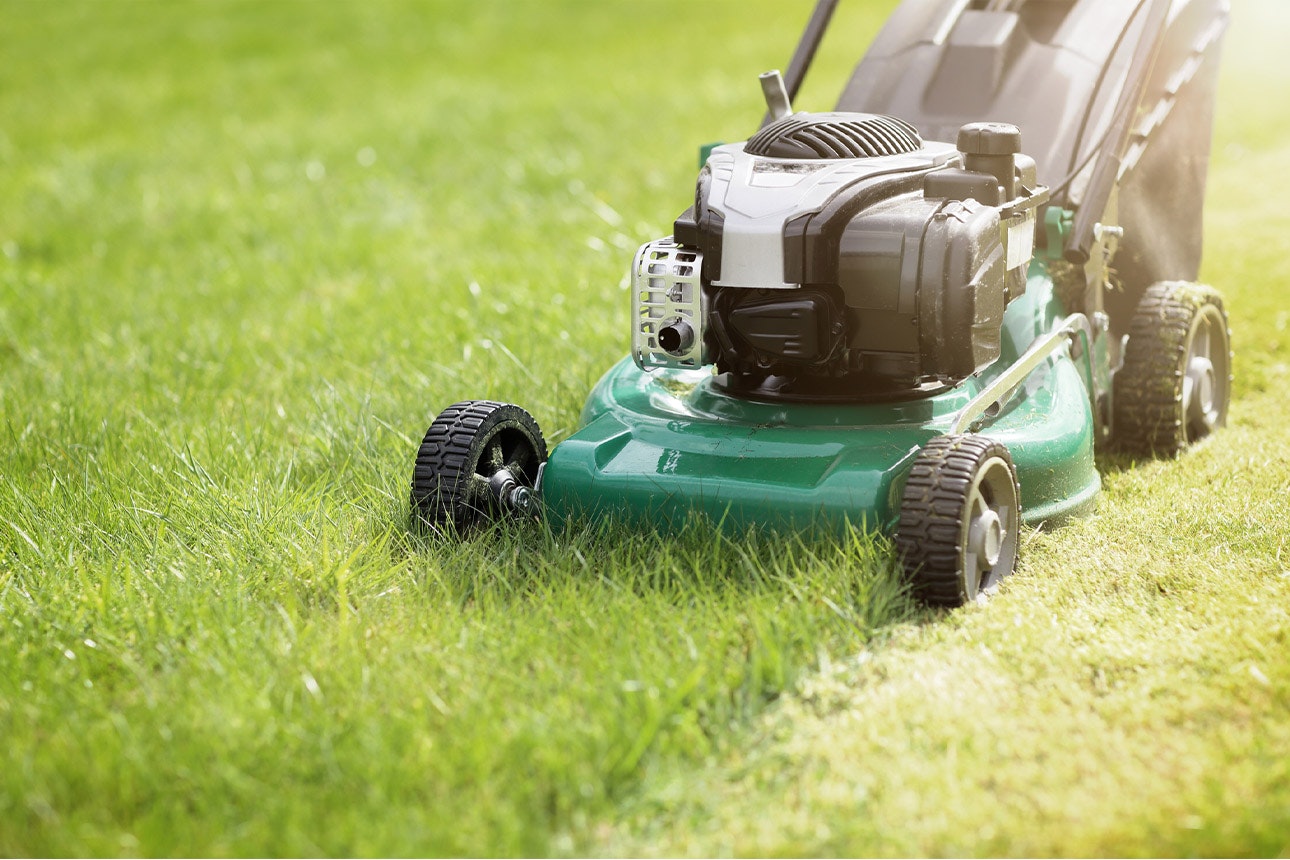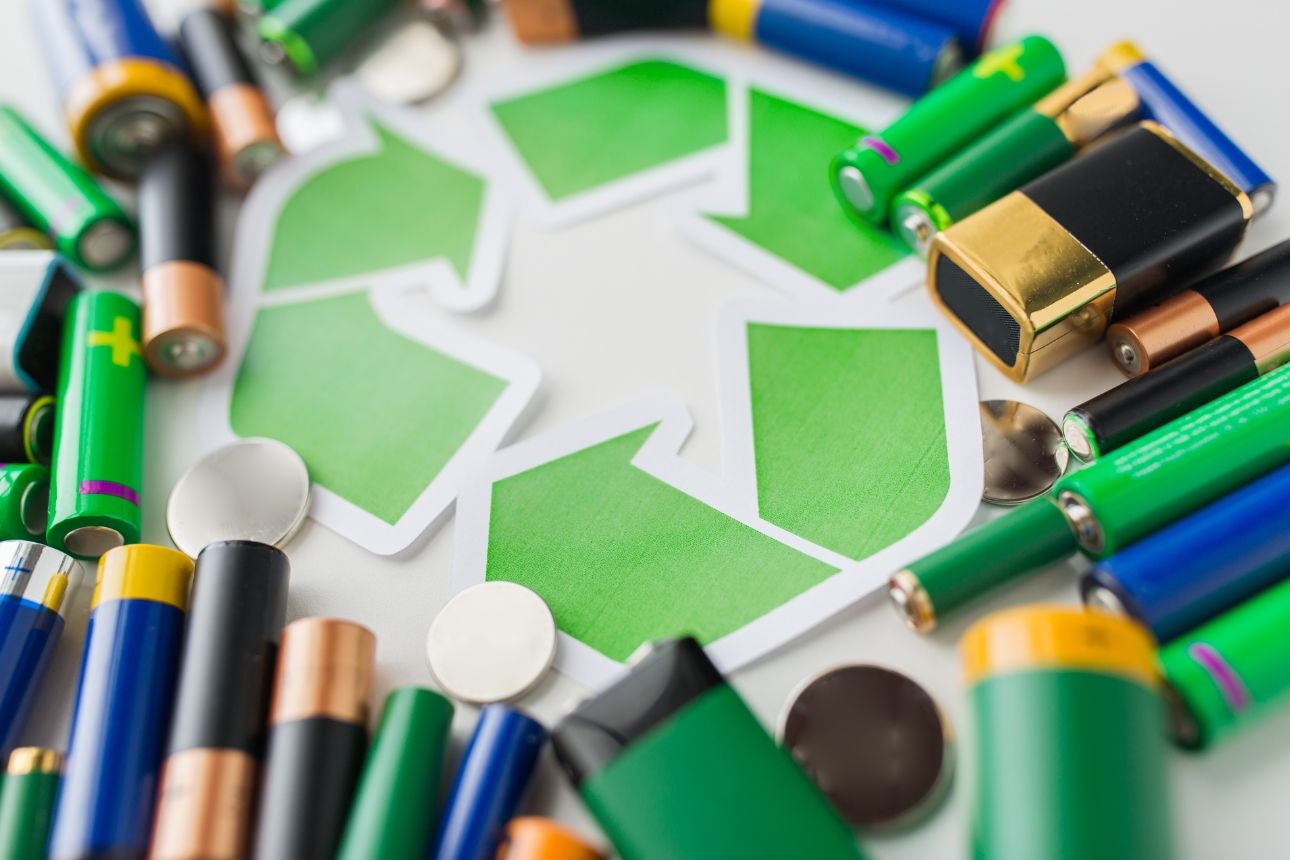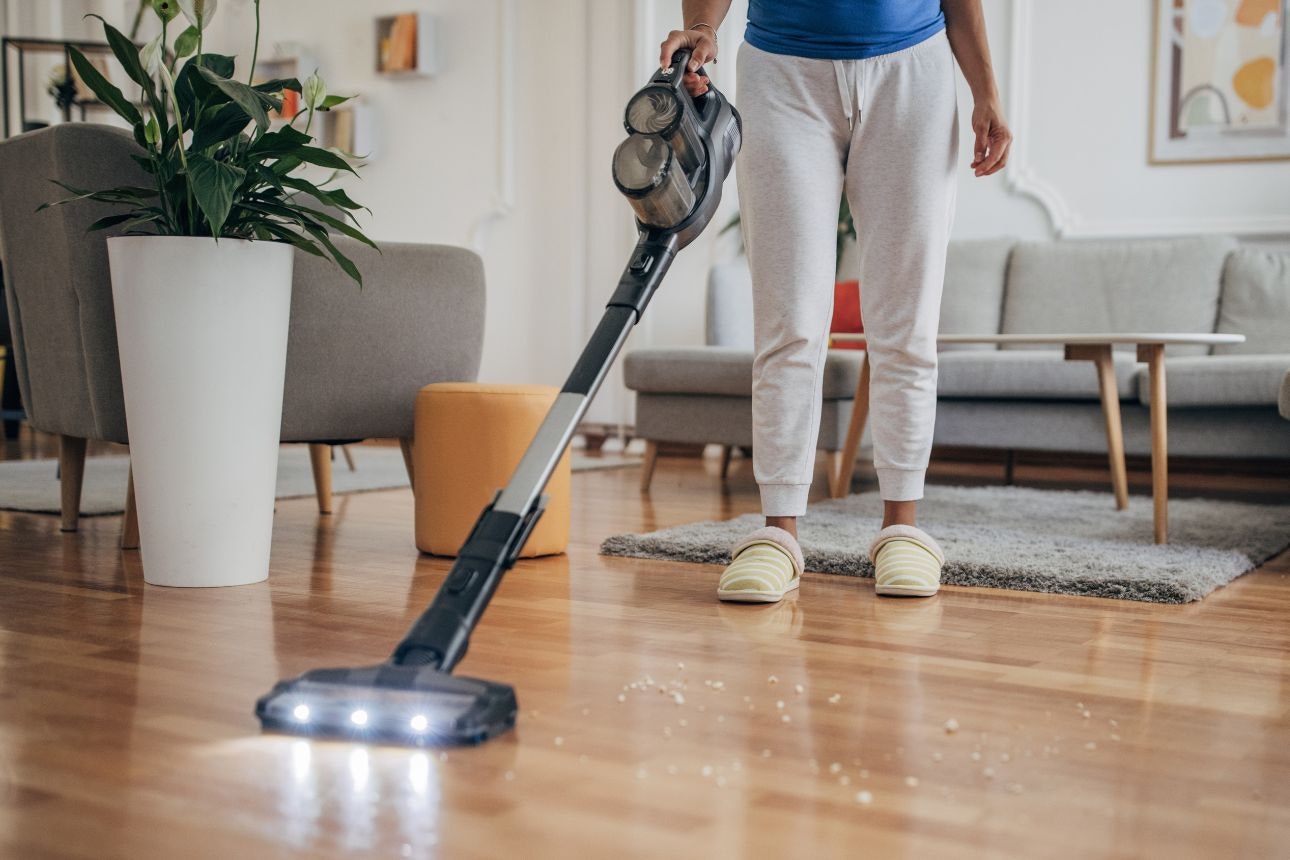
By Amy McNabb
Test Data Analyst | Kaitātari Raraunga Whakamātautau
Rechargeable batteries, like those used in power tools and e-bikes, lose capacity over time, irrespective of whether they’re used regularly or left in storage. This can mean shorter run times or batteries that won’t charge at all.
Rather than buying new batteries when your old ones lose their spark, you can have them repacked instead.
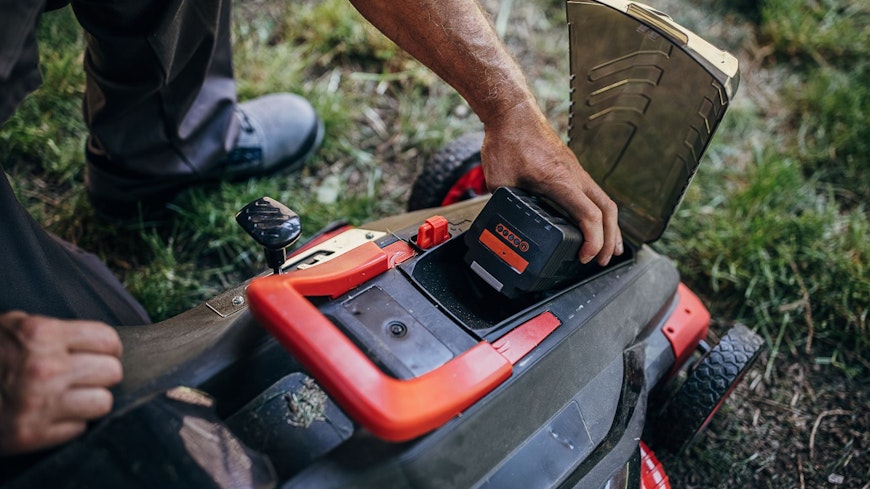
What is battery repacking?
Having your batteries repacked means getting their depleted cells (basically, individual batteries that are wired together) replaced with new ones. The old cells are recycled, and the original battery housing, circuit board and other functional parts are reused.
Why repack old batteries?
What are the benefits of battery repacking? When a replacement battery is not available to buy, repacking the original prevents you having to dispose of a perfectly good tool and charger, and spending money on a full replacement kit. That’s important since New Zealand generates over 100,000 tonnes of electronic waste annually.
In addition, a repacked battery might run your tools for longer than a new battery. That’s because the cells are often replaced with higher capacity ones – with a higher ampere-hour (Ah) rating. This means the repacked battery can store more energy, so it’ll run for longer under the same load, delivering the same power, before needing to be recharged.
Our experience with battery repacking
We had a couple of rechargeable batteries at the Consumer NZ office that no longer had the juice for their jobs. One was a very depleted 18V 1.2Ah nickel cadmium (NiCd) battery for an old Max Predator drill driver. The other was a Ryobi One+ 18V 4.0Ah lithium ion (Li-ion) battery, compatible with a range of Ryobi One+ power tools, that was fizzing out quicker with every use.
We emailed nine battery repacking businesses from across New Zealand to see if they could repack our batteries and at what cost.
Battery repacking services vary
Some businesses never responded to our email. Several told us that repacking power tool batteries isn’t cost effective and recommended buying new batteries. Many repackers appear to focus on larger batteries, such as those used in e-bikes.
We requested a quote from one of these businesses, irrespective of the anticipated cost, making it clear we cared more about the environmental benefit of repacking. But the repacker insisted we buy new batteries instead. They told us that repacking power tool batteries is generally a last resort for tradespeople with expensive tools for which replacement batteries are no longer available.
This company also advised, as did some other battery repackers, that they don’t work with Ryobi batteries. One claimed that these batteries contain a circuit that can’t be reactivated once disconnected.
This was all pretty discouraging, but we eventually found some repackers who were keen to help. Their prices for battery repacking varied a lot – see below.
Is battery repacking cheaper than buying new batteries?
Battery repacking can be cheaper than buying new – but it’s worth shopping around. If there isn’t a local business that can repack your batteries for a good price, it might be worth sending them out of town.
We received quotes from four of the businesses we approached. Two could repack the Ryobi One+ battery, both offering an upgrade from 4.0Ah to 5.0Ah cells. One quoted $138 and the other $269 – nearly twice as much. For comparison, a new 4.0Ah battery costs $149 and a new 5.0Ah battery costs $189.
Quotes to repack the Max Predator battery ranged from $110 to $179, usually with an upgrade from 1.2Ah NiCd to 2.0Ah nickel metal hydride (NiMH) cells.
It’s not possible to buy a direct replacement for the Max Predator battery, and the original kit is no longer available. So, without battery repacking, we’d have to buy an entire new kit: drill driver, charger and battery.
The cheaper repacking quote for this battery was about the same as the cost of buying a replacement kit with a battery of similar capacity. But, of course, battery repacking keeps the drill, charger and functional battery parts in use and out of the landfill. That’s a significant benefit.
RePower Batteries
We sent our battery packs to RePower Batteries in Auckland for repacking. Director, Ryan Lok, had responded quickly to our email enquiry, confirming that he could repack both our batteries and his quote was significantly cheaper than others. The turnaround was just a week, return shipping was only $12 and the repacked batteries have a 1-year warranty.
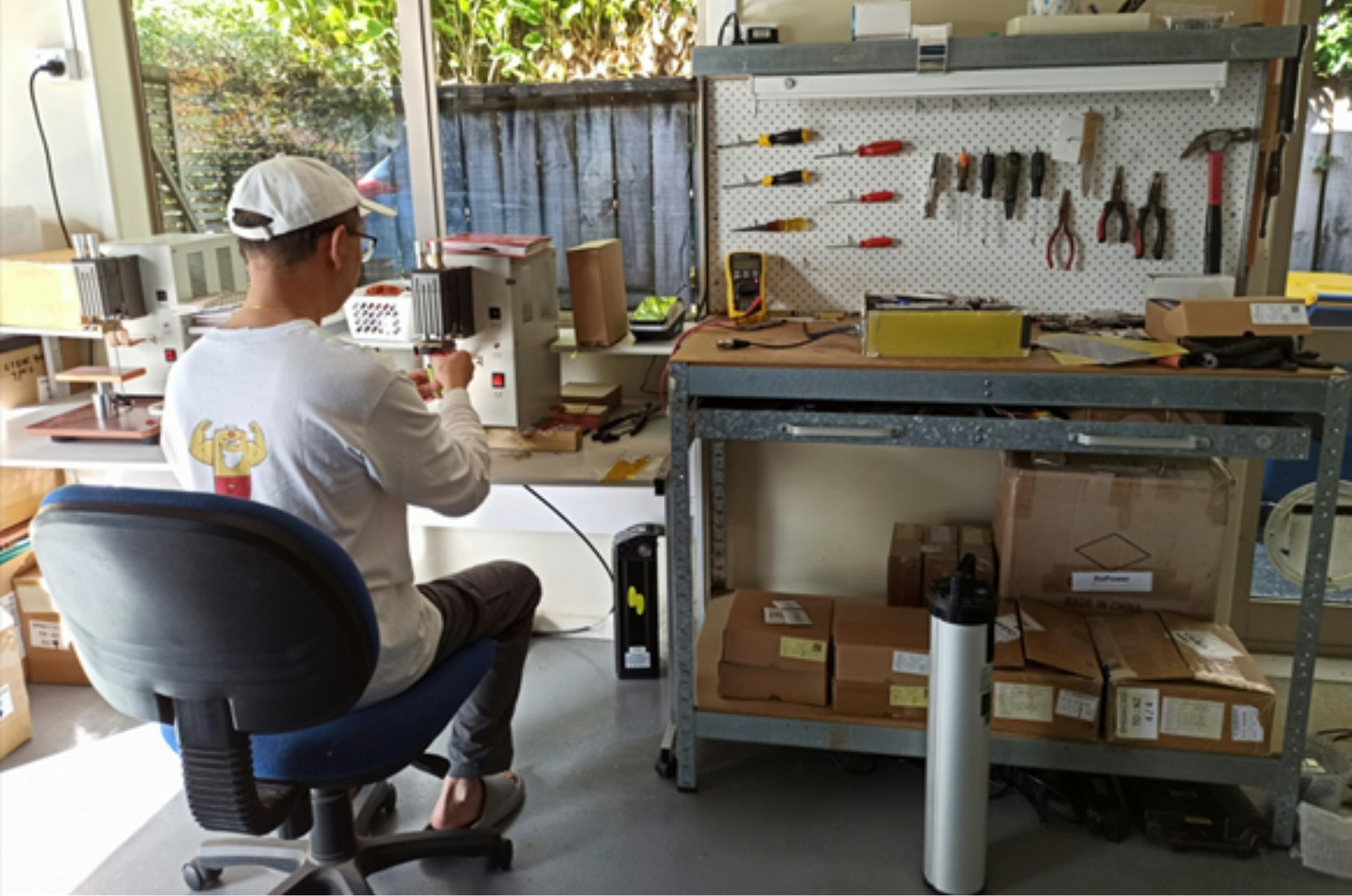
Ryan Lok repacking batteries in his workshop.
Battery repacking results
Is battery repacking worth it? In our experience, yes! Repacking our two batteries significantly improved the performance of both. In particular, the Max Predator battery’s run time increased by a whopping 911%!
Battery run time comparison
We compared the run time of each battery (fully charged) before and after repacking.
Ryobi One+ 18V multi-tool battery
We tested this battery in an 18V lawn mower that can take two batteries of up to 9.0Ah in capacity. The battery is also compatible with several less-demanding tools, better suited to its moderate capacity rating.
To keep test conditions consistent, we ran the lawn mower without cutting grass and without a second battery.
Run time was measured to when the battery level indicator changed from green to red. This happens at about 16% charge, helping prevent damage to the battery from discharging completely.
Before battery repacking, the lawn mower ran for just over 12 minutes before dropping to 16% charge. After repacking, it didn’t reach 16% until nearly 17 minutes. That’s an impressive 39% increase in run time.
Max Predator 18V drill driver battery
We tested the Max Predator battery in the drill driver it came with on full power until it stopped.
This was the standout result. The original battery pack ran for less than a minute before slowing significantly. And it stopped completely after only 5 minutes and 30 seconds.
By contrast, the repacked battery powered through for 23 minutes before slowing slightly and continued non-stop with decent power for nearly an hour all up. You’d never use a drill driver like that in reality. What an incredible result!
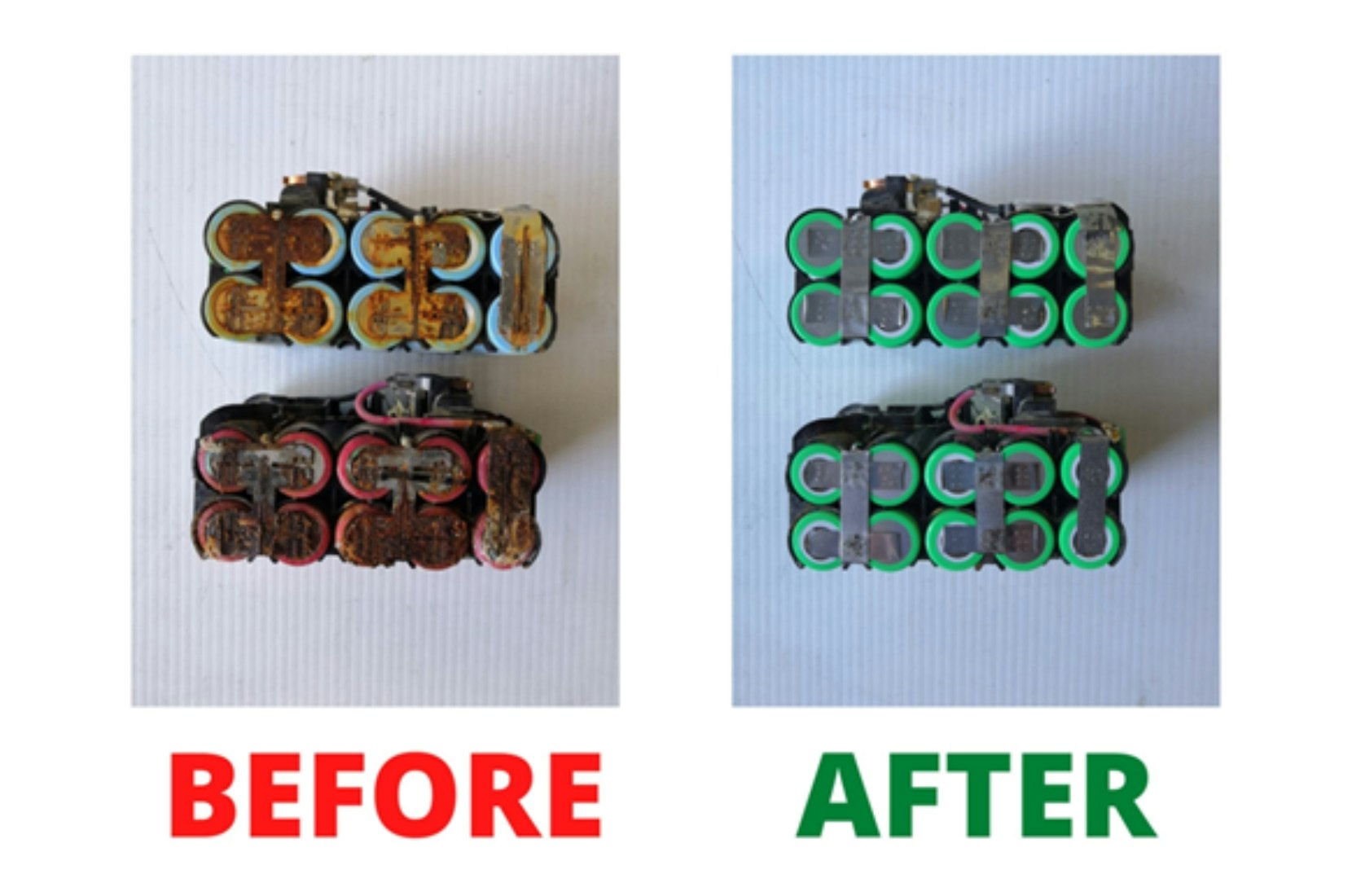
Battery packs before and after repacking by RePower Batteries.
Battery repacking Q&A
After seeing what a difference it made to have our batteries repacked, we wanted to know more. Ryan of RePower Batteries has been repacking for 14 years. So, we asked him if he’d mind sharing a bit of info with us.
Q: What types of batteries can you repack?
A: Mainly NiCd, NiMH and Li-ion batteries for power tools, e-bikes, e-scooters and medical and testing instruments. We don't repack smaller batteries like those used in smartphones, smartwatches, GPS devices or laptops as they have different cells and some of them are too fragile to handle.
Q: Are there any batteries or brands of batteries that can't be repacked?
A: The only batteries we can't repack are those that are fully sealed and glued inside the casing.
Q: Can a damaged battery be repacked?
A: We can repack a battery as long as its input and output terminals and casing are still intact and usable. In a Li-ion battery, its battery management system (BMS) must be sound too. A BMS controls charging, discharging and balancing the battery’s cells. We can't repack a battery that has water damage to its BMS.
Q: Can the battery chemistry be changed in a repack? If so, would the original charger still be usable?
A: Yes – in some cases. NiCd batteries can be replaced with NiMH batteries because they have the same voltage and can use the same charger. But Li-ion batteries have a higher voltage and a BMS, so they require a Li-ion charger. A NiCd or NiMH battery can be replaced with a Li-ion battery in some cases, but the charger would also need to be replaced.
Q: Are there any chemistries that are no longer used in new batteries?
A: NiCd batteries are being phased out. The main reason is they contain toxic substances that are bad for the environment.
Q: What happens to the old cells removed during battery repacking?
A: I take them to Phoenix Recycling Group or Abilities Group and pay a recycling fee.
Q: Are there charging and use habits to avoid for batteries of different chemistries?
A: Whether a battery is NiCd, NiMH or Li-ion, over-charging or fully discharging it will shorten its lifespan. If a battery is fully discharged, charge it immediately. Batteries shouldn't be stored unused for long periods as they will self-discharge over time and eventually reach below the charging threshold. It’s good practice to charge a battery to around 80% before storing it and charge it every 3–4 months if it’s not being used.
What if your batteries can’t be repacked?
If your dead batteries can’t be repacked, recycling them is the next best thing. This will keep them out of landfill, which is vital since batteries can leak hazardous substances and cause serious fires. Recycling also recovers valuable resources, minimising further extraction.
You can recycle your batteries at many zero waste hubs, recycling centres, hardware stores (Bunnings in particular), landfill and transfer stations, community centres, libraries and some regional council offices. More battery recycling facilities continue to be established across New Zealand.
In addition, a stewardship scheme for e-products, including batteries like those used in power tools and other electronics, is being developed. A scheme for larger batteries (such as EV batteries) has already been submitted to the Ministry for the Environment for accreditation.
Once approved, these schemes will ensure that importers and retailers manage the life cycle of the batteries they import and sell responsibly. They’ll be repurposed then recycled rather than going to landfill.

Sick of wasting money on products you can’t repair?
Learn about our campaign for a right to repair and help us demand a mandatory repairability label.
